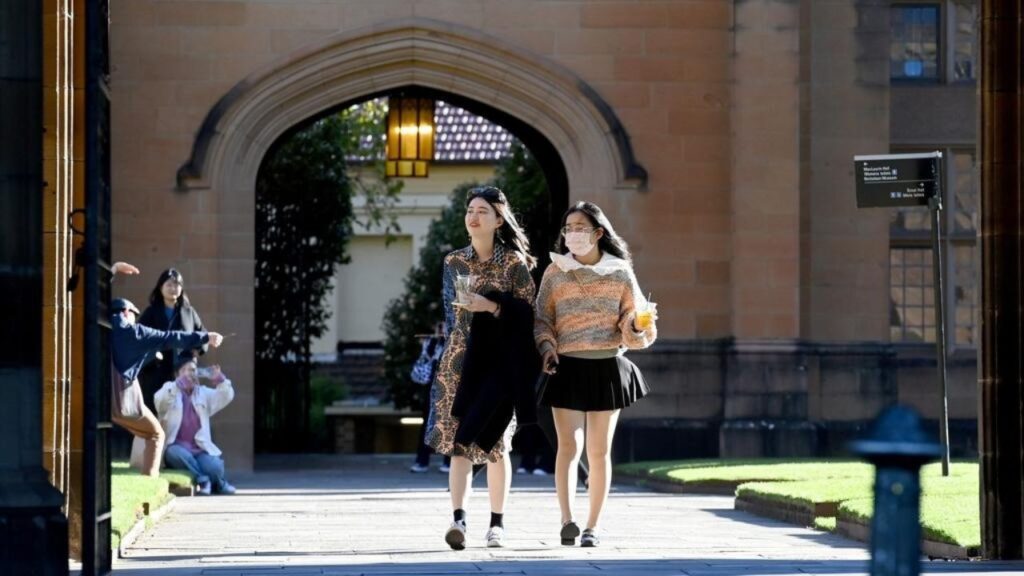“Australia’s Student Cap Shift: What It Means for Indian & Pakistani Students”
By our Immigration Expert Vijay Dixit
Exclusive for Tab2Mag by Shazana Mirza in London.

Shazana:
Vijay, Australia recently announced it will lift its international student cap to 295,000 and prioritise applicants from Southeast Asia. For Tab2Mag Readers from India and Pakistan, what exactly does this mean?
Vijay Dixit:
It’s an important change, Shazana. Australia is increasing international student intake by 25,000 in 2026. But there’s a new priority list – students from Southeast Asian countries like Indonesia, Vietnam, and Malaysia will be processed first. For Indian and Pakistani students, it doesn’t mean exclusion; you can still apply and get visas, but competition could be slightly tougher, especially for popular universities.
Shazana:
So, are Indian and Pakistani students at a disadvantage now?
Vijay Dixit:
Not directly. India and Pakistan remain two of the biggest student source countries for Australia. The difference is that if two equally qualified students apply, one from Vietnam and one from India, the Southeast Asian applicant might be processed faster. That said, Australia still wants skilled graduates from India and Pakistan because they fill major gaps in IT, engineering, nursing, and business.
Some students worry about housing shortages and new strict rules. How real are those concerns?
Vijay Dixit:
They’re real. The Australian government now requires universities to prove they have enough accommodation before getting more students. Housing in big cities like Sydney and Melbourne is already tight. Students who pick universities in regional areas or those offering guaranteed housing will have an advantage.
What should Indian and Pakistani students do differently now when applying?
Vijay Dixit:
First, apply early – ideally 9 to 12 months ahead. Second, focus on high-demand courses like data science, healthcare, and engineering. Third, make sure all documents are genuine and finances are clear because Australia has tightened integrity checks. And finally, consider regional universities where competition is lower and living costs are cheaper.
Shazana:
So, is Australia still a good option for students from India and Pakistan?

Vijay Dixit:
Absolutely, yes. Australia’s education quality and post-study work opportunities remain strong. This policy doesn’t shut doors; it just changes the priority queue slightly. With good planning and early applications, Indian and Pakistani students can still succeed.
Thank you, Vijay, for those insights.
Vijay Dixit:
Pleasure to be here, Shazana .





